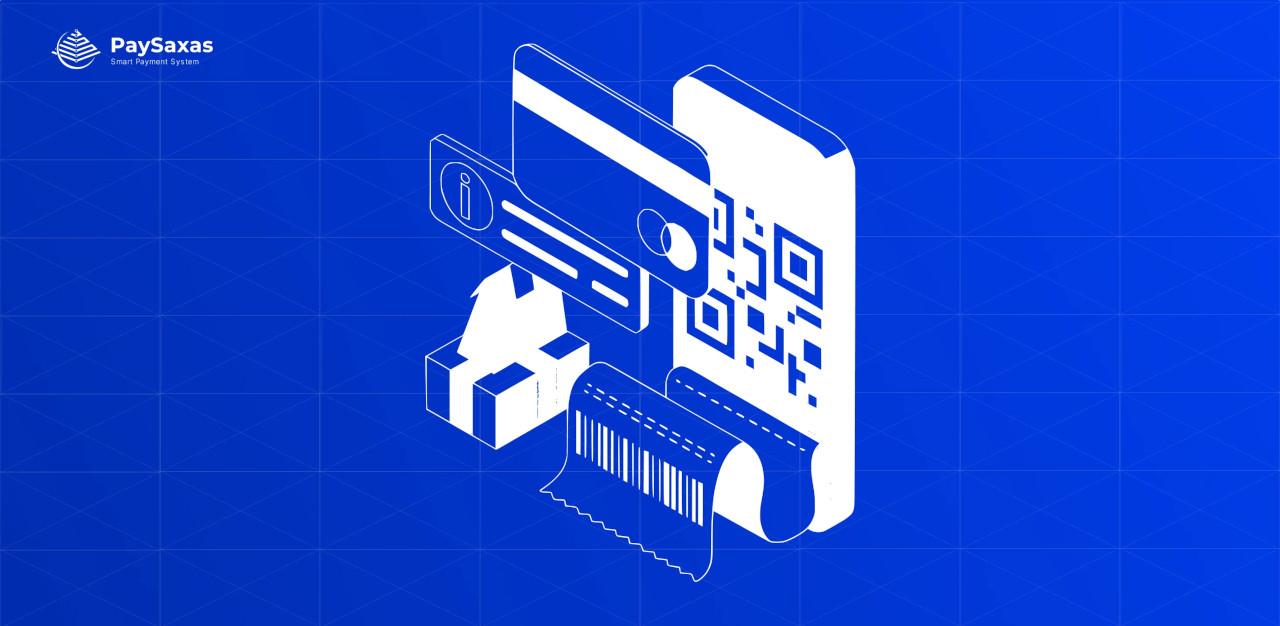Central to this transformation is a collection of advanced technologies that underpin smart global payments. These technologies not only improve the speed and security of transactions but also introduce new levels of innovation and convenience.
This article explores the key technological advancements behind smart global payments, examining how they are changing the landscape of cross-border money movement and what this implies for businesses and consumers globally.
Blockchain Technology
Blockchain technology is fundamental to today's global payments system, providing a decentralized and unchangeable ledger for transaction recording. This technology guarantees transparency, security, and efficiency by removing the need for intermediaries. Each transaction is logged on a public ledger, enabling straightforward tracking and auditing.
Additionally, transactions are processed in real-time or near real-time, much faster than traditional banking methods. Blockchain's distributed structure ensures no single entity has control, which enhances resilience and lowers the risk of centralized failures.
Artificial Intelligence and Machine Learning
Artificial Intelligence (AI) and Machine Learning (ML) are critical technologies propelling the evolution of smart global payments and virtual account management solutions. They facilitate the automation, optimization, and enhancement of financial operations, resulting in more efficient and secure transactions.
AI and ML algorithms monitor transaction patterns in real-time to identify and prevent fraudulent activities, ensuring safe payment processing. Machine learning models enable the development of personalized financial solutions, customizing services to fit individual customer needs and preferences.
By adopting AI and ML, businesses can greatly boost the efficiency and security of their global payment systems and virtual account management solutions, fostering more innovative and customer-focused financial services.
API Integrations
API integrations form a core aspect of advanced global payment systems, facilitating seamless connections among diverse financial systems and services. Through APIs, organizations can integrate a variety of payment gateways, banking platforms, and financial tools, creating a unified environment.
This integration supports real-time data exchange, ensuring swift and accurate transaction processing. APIs also enable customization of payment solutions, empowering businesses to tailor services to their specific requirements.
Moreover, they bolster security by enabling secure connections and data transfers between systems, mitigating risks such as fraud and data breaches. In essence, API integrations are pivotal in developing efficient, adaptable, and secure solutions for global payments.
Cloud Computing
Cloud computing is a vital component for smart global payments, providing a scalable and adaptable infrastructure for efficient transaction processing. It enables businesses to handle extensive amounts of payment data seamlessly, supporting real-time processing and analytics for quicker transactions and improved decision-making.
Security is also bolstered through data encryption and secure access controls, safeguarding sensitive financial information. Additionally, cloud computing's global accessibility allows financial data to be accessed and managed from any location, establishing it as a fundamental element of contemporary, efficient, and secure global payment systems.
Distributed Ledger Technology
Distributed Ledger Technology is a crucial enabler of smart global payments, offering a decentralized approach to recording transactions across various locations at the same time. This ensures both transparency and security, as each transaction is logged on multiple nodes, making data manipulation virtually impossible.
DLT boosts the efficiency of global payments by facilitating real-time processing and minimizing the reliance on intermediaries, thereby cutting costs and speeding up transaction times. Moreover, DLT's strong security measures guard against fraud and cyber threats, making it fundamental to modern, secure, and efficient global payment systems.
Security Technologies
Security technologies are crucial for smart global payments, protecting transactions from cyber threats and fraud. Advanced encryption techniques secure sensitive financial data during transmission and storage, while multi-factor authentication (MFA) improves user verification processes.
Furthermore, real-time fraud detection systems, driven by artificial intelligence and machine learning, continuously monitor transactions for suspicious activities, offering additional security. Together, these technologies create a safe environment for global payments, boosting confidence in businesses and consumers by safeguarding financial information and ensuring secure transaction processing.
To conclude, the technology driving smart global payments is revolutionizing the financial industry by enabling faster, more secure, and efficient transaction methods. Innovations like blockchain, artificial intelligence, machine learning, API integrations, cloud computing, distributed ledger technology, and advanced security protocols collectively support seamless and transparent global payment networks.
These advancements not only improve transaction speed and security but also provide the flexibility and scalability required to meet the ever-changing demands of the global market. As these technologies continue to evolve, they are set to further transform how businesses and consumers handle financial transactions, leading to a more interconnected and efficient global economy.






